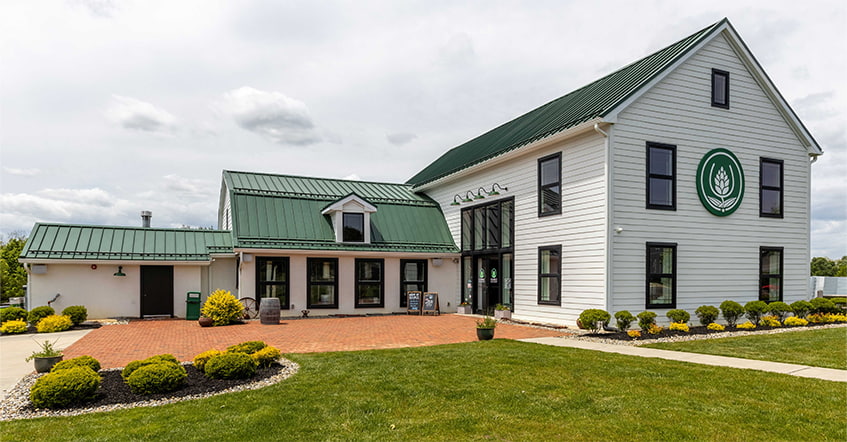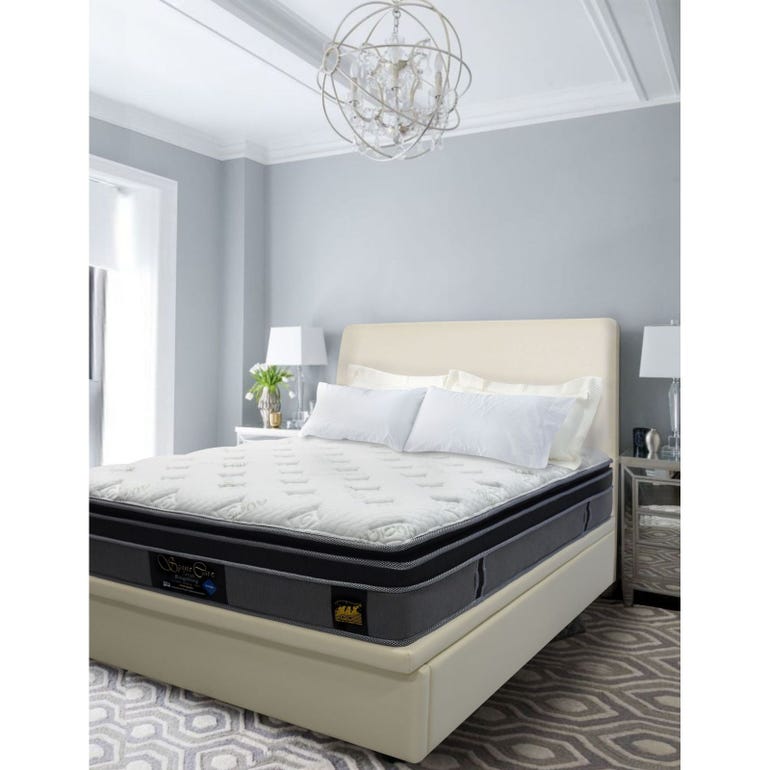Extreme weather conditions, from hurricane-force winds to heavy snowstorms and scorching wildfires, have become increasingly common in various parts of the world. With these weather challenges on the rise, homeowners and businesses are seeking roofing solutions that can withstand the harshest elements. Metal roofing, known for its durability and weather resistance, has emerged as a reliable choice. In this blog post, we’ll explore how metal roofing manufacturers are rising to the occasion and meeting the demands of extreme weather.
Understanding Extreme Weather Challenges
Before delving into how metal roofing manufacturers are addressing extreme weather, it’s essential to grasp the scope of the challenges posed by Mother Nature.
-
Hurricanes and High Winds: Coastal areas are susceptible to hurricanes and strong winds that can cause severe damage to roofs. Roofs must withstand these forces to protect homes and businesses.
-
Snowstorms: Regions with heavy snowfall require roofs that can bear the weight of snow without collapsing. Additionally, roofs need to prevent ice dams and leaks.
-
Wildfires: Areas prone to wildfires need roofs that can withstand high temperatures and embers. Embers can ignite traditional roofing materials, leading to devastating fires.
-
Extreme Heat: In hot climates, roofs must reflect sunlight and absorb less heat to keep interior spaces cool and reduce energy costs.
High Quality Materials for Durability
The foundation of any resilient roof is the materials used. Metal roofing manufacturers are keenly aware of this and prioritize the use of high-quality materials to ensure durability in extreme weather conditions.
Metal roofing materials are often made from steel, aluminum, copper, or zinc. These metals are naturally durable and weather resistant. They are corrosion-resistant and can endure the toughest conditions, be it heavy rainfall or scorching sun.
Reputable manufacturers go to great lengths to ensure that their materials are of the highest quality. This includes using weather-resistant alloys, coatings, and finishes that provide an additional layer of protection. When you choose a metal roof from a trusted manufacturer, you can rest assured that it’s built to last.
Innovative Design and Engineering
Meeting the demands of extreme weather requires more than just high-quality materials. Metal roofing manufacturers invest in innovative design and engineering to create roofs that can withstand the toughest conditions.
Some key design elements include:
-
Reinforced Structures: Roofs are designed with enhanced structures to handle heavy snow loads or strong winds without compromise.
-
Impact Resistance: Metal roofs are engineered to resist damage from hail and flying debris, common in extreme weather situations.
-
Wind Uplift Resistance: Special design features prevent roofs from being lifted by powerful winds, ensuring that your roof remains securely in place.
These design elements are crucial in ensuring that your metal roof can weather the storm, quite literally.
Coatings and Finishes for Weather Resistance
Another aspect where metal roofing excels is in its use of coatings and finishes. These not only protect the metal but also enhance its performance in extreme weather conditions.
One of the most valuable technologies in this regard is “cool roofing.” Cool roofing materials are designed to reflect more sunlight and absorb less heat. This results in a cooler roof surface, which translates to energy savings and a more comfortable interior, especially in hot weather.
Furthermore, many metal roofing manufacturers are dedicated to developing environmentally friendly coatings. These coatings are not only highly weather-resistant but also sustainable, reducing the environmental impact of the roofing material.
Testing and Certification
The metal roofing industry takes the quality and resilience of its products seriously. To ensure that metal roofs can withstand extreme weather, rigorous testing is conducted. These tests simulate various weather conditions, from high winds to heavy snow loads and extreme temperatures.
Certifications from recognized organizations play a vital role in assuring the reliability of metal roofing products. When a metal roofing product carries certifications, it means it has met stringent industry standards and is fit for use in extreme weather conditions. Consumers should always look for these certifications when choosing a metal roof for their property.
Case Studies: Real World Resilience
To understand the true capabilities of metal roofing in extreme weather, real-world examples provide invaluable insights. Here are a few case studies that highlight how metal roofing has proven its resilience:
-
Case Study 1: Hurricane-Prone Coastal Home: A homeowner in a hurricane-prone area chose a metal roof for its durability. When a powerful hurricane hit, the metal roof remained intact, protecting the home from water damage and structural issues.
-
Case Study 2: Snowy Mountain Cabin: A cabin located in a region with heavy snowfall required a roof that could withstand the weight of snow. The metal roof’s design prevented snow accumulation and ice dams, ensuring the cabin remained safe and dry during the winter.
-
Case Study 3: Fire-Prone Wilderness Retreat: A wilderness retreat in a wildfire-prone zone was safeguarded by a metal roof. The roof’s fire-resistant qualities prevented embers from igniting the structure, ultimately saving the property.
These real-world scenarios showcase the practical benefits of choosing metal roofing in areas prone to extreme weather.
Environmental Benefits
In addition to resilience, metal roofing offers environmental benefits. Its long lifespan and minimal maintenance reduce waste. The energy efficient properties, especially with cool roofing technology, contribute to lower energy consumption and a reduced carbon footprint. Many manufacturers are committed to sustainability, using recycled materials and eco-friendly coatings.
The Role of Proper Installation
While the quality of the metal roof itself is vital, proper installation is equally important. Professional installation ensures that the roof can perform at its best, offering the highest level of protection. It’s crucial to choose experienced and certified roofing contractors for the installation process.
Consumer Guidance and Considerations
When selecting a metal roofing manufacturer for your property, consider the following:
-
Assess Local Weather Conditions: Take into account the specific weather challenges in your area. Manufacturers often provide products tailored to regional weather patterns.
-
Research Manufacturer Reputations: Investigate the reputation and track record of manufacturers. Read reviews and seek recommendations from local sources.
-
Warranty Coverage: Ensure that the manufacturer offers comprehensive warranty coverage that aligns with your needs and expectations.
-
Compliance with Local Codes: Verify that the roofing products comply with local building codes and regulations.
-
Budget Considerations: Balance quality and affordability based on your budget range.
Conclusion:
Metal roofing manufacturers are addressing the demands of extreme weather with a combination of high-quality materials, innovative design, weather-resistant coatings, and rigorous testing. The resilience of metal roofing in real-world scenarios, such as hurricanes, snowstorms, and wildfires, is a testament to its capabilities.
As the world grapples with more frequent and severe weather events, metal roofing is becoming an increasingly popular choice for homeowners and businesses seeking long-term protection and sustainability. With continued advancements in technology and a commitment to eco-friendly practices, the future of resilient metal roofing looks promising.
Choosing metal roofing is not just an investment in property protection; it’s an investment in peace of mind in the face of extreme weather.




